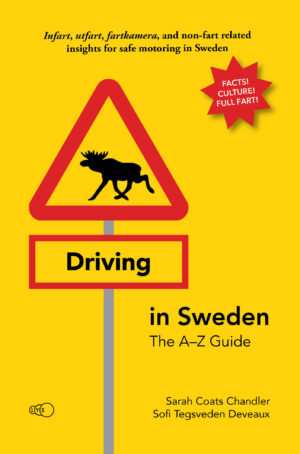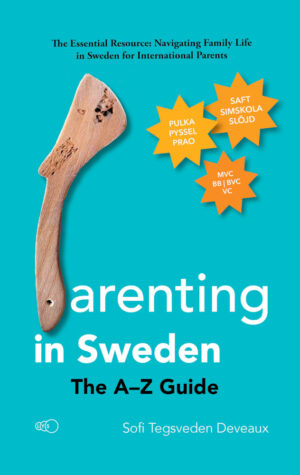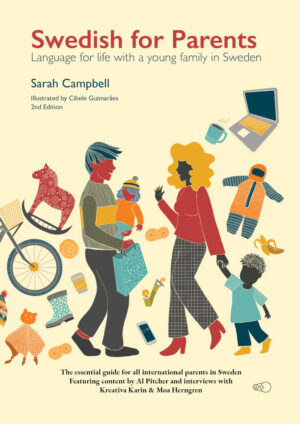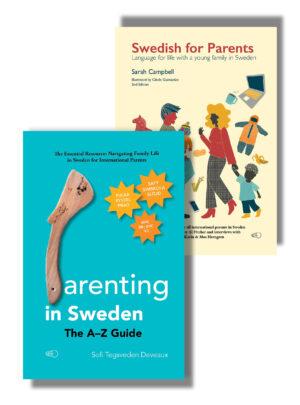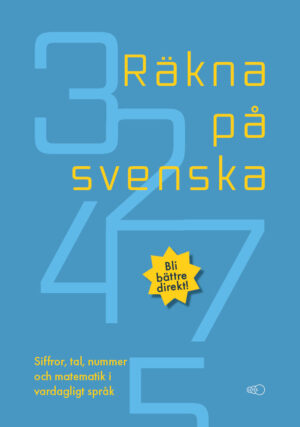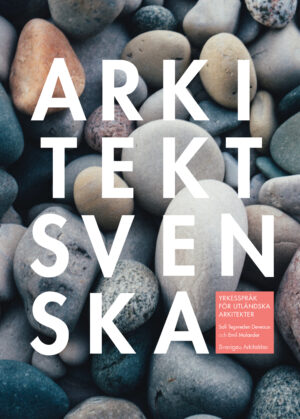The purpose of this and other LYS articles relating to the current coronavirus pandemic is to share the personal experiences and perspectives of individuals currently experiencing the crisis in Sweden. Our contributors come from different backgrounds and have their own views based on their cultural lens. Contributors are not claiming to be, nor are they experts in virology, epidemiology or infectious diseases. Contributor knowledge on these subjects and government approaches should be assumed as base with the general public as learnt through media coverage and easily digestible scientific articles readily available on the coronavirus
Sweden and the great myth of celebrity utopia
Sarah Coats Chandler
There is a lot of pretty boring celebrity content flooding media channels at the moment. With most of the world locked away in their houses, people, famous or not, are entertaining, educating, boring us with their talent and everyday lives.
Normally, celebrities are somewhat unattainable. Their lives look almost perfect; money, good health, travel, beautiful friends and children, carefully scripted conversation or perfect riffs. We all wish we had a little part of it and could live the dream life, but don’t think, or are old enough to realise, that it’s just not going to happen. But now their unkempt hair, casual clothes and imperfections are being live-streamed for all of us to consume. Ok, so it’s usually from much nicer, bigger houses, but the sheen and gloss of perfection has been somewhat stripped away.
I feel Sweden is the country equivalent of an A-list celebrity. To the outside world, those who don’t live here or view it from afar, have Sweden up on a pedestal, in the spotlight, held up as the poster child for other countries to secretly admire, envy, aspire to. There are the global ranking achievements: one of the least anti-corrupt countries on the planet, consistently ranking high for quality of life, longer life expectancies, economic and political stability, while also offering universal healthcare and education, generous parental leave, lengthy holidays, freedom of movement and speech, and so on.
And the innovation and creativity with Spotify, King (Candy Crush), Klarna, Skype, Robyn, Avicci, Swedish House Mafia, First Aid Kit, Alicia Vikander, Stellan Skarsgård and his two progeny, Alexander and Bill. And let’s not forget the old guard of Bergman, Garbo, Borg, Volvo and ABBA.
All while living in a place that has generous space for relatively few people and boundless nature.
But as with any other celebrity, the expectations are high. And the desire to find flaws and failures is high.
As a mere mortal, I want to be able to justify my relative lack of success. When I see a super-achiever that is around my age, or younger, I feel threatened, inadequate. I question my own abilities and achievements. It becomes easier to try and tear down their achievements than accept my own failings. There is a reason why there is so much obsession, both negative and positive about celebrities. While we covet them, we also want to see them fail, to be human.
And so too with Sweden. There are the obsessives, that will defend every move, approach, strategy and song. They are all perfect. Of course, because they are Swedish.
But the critics are equally passionate. Screaming about the high tax rate, suggesting everyone is suicidal, that it’s dark and cold all year round.
But as with humans, countries are not perfect. Nobody and no country can be everything to everyone all the time.
It’s impossible. There is no utopia.
But I find that I spend a disproportionate amount of time writing about, defending, explaining or trying to understand Sweden and Swedish culture. Sweden is the fourth foreign country I’ve lived in, so I’m pretty used to fielding the usual ‘why do you live here’ type of questions. But for Sweden, the interrogation is far more intense. From my family, my home friends and my international ones. And from Swedes themselves.
Everyone wants to know. And everyone wants to put it on a pedestal or tear it down.
But recently, I’ve had a steep learning curve to try to understand Sweden more – specifically, the approach to dealing with the Covid-19 pandemic. And I’ve learnt a lot about the Swedish democratic process, the foundations that underpin the social and cultural fabric and the history that defines it. I’ve also been interviewed by numerous media outlets from my native Australia who have Sweden in their sights. Not because they want to learn, but because Sweden represents the justification for their own position.
And Australia is not alone. Across the Atlantic, Trump has been vocal about dismissing Sweden on many occasions, including during the current pandemic, to justify domestic policies.
I more often than not, naturally come to Sweden’s defence. And that is because my motivations to move here were not driven by love, work or refuge. But because I felt my core values aligned closely with those of Sweden’s.
But as with celebrity, it seems that it is hard to have a foot in both camps. You’re either or fan or you’re not. You are with us. Or you are with them.
And for me, that is the impossible. Because no place is perfect, not Sweden, Australia, the UK, Ireland or Spain. For each place I have lived has been, at times, both perfect and flawed.
But it feels that this is Sweden’s ultimate celebrity lockdown moment. Where you get to see the other side, the unwashed hair, the mess in the background and the three-day old house clothes. Albeit still in the same spacious and natural setting. And what I hope it reveals, is that celebrity is good, it’s fantastic and most of the time it is something to aspire to. But it’s not perfect. It’s not utopia.
Sarah Coats Chandler, April 2020
Communication Lead and Editor, LYS
Writer of Catching Snow


